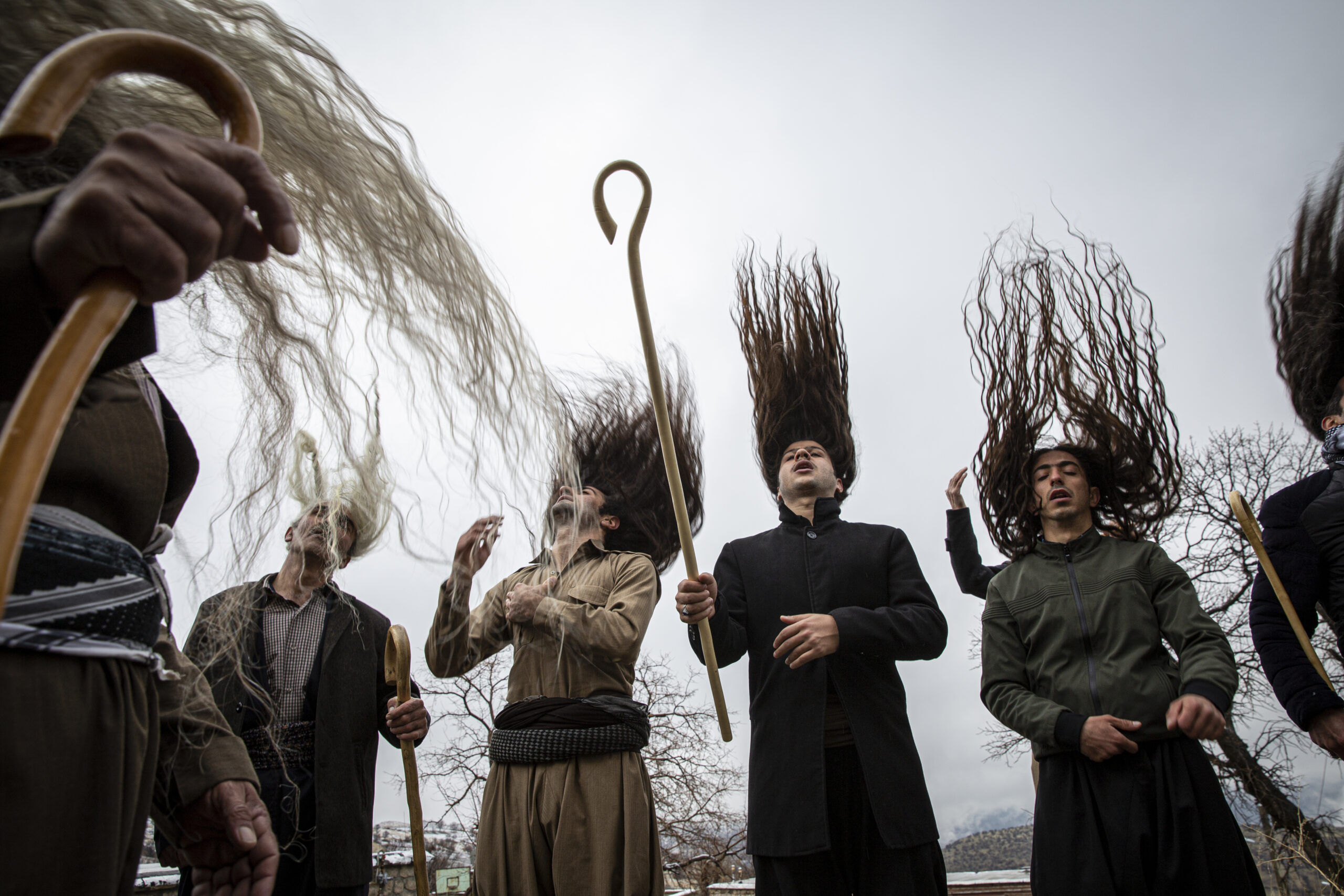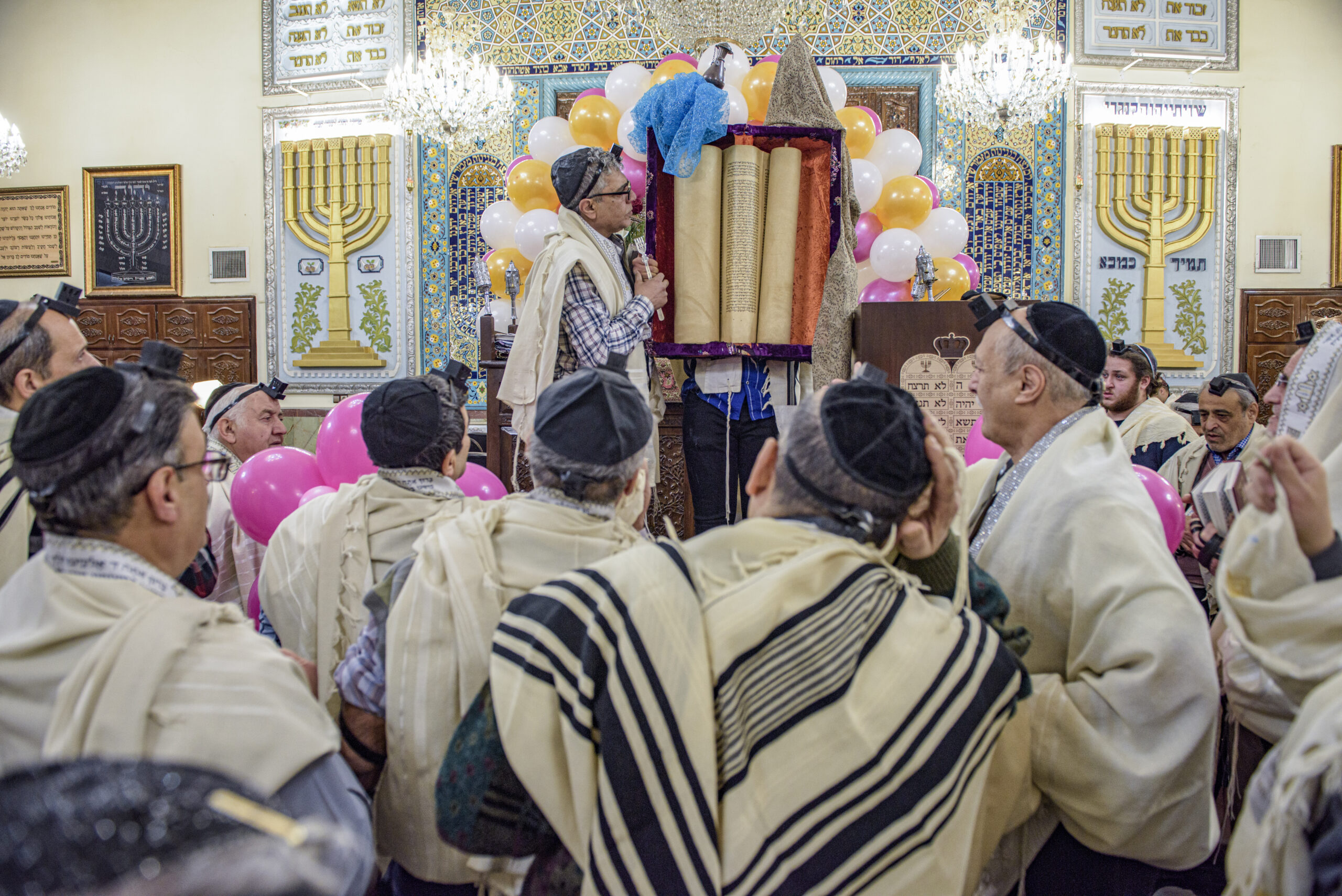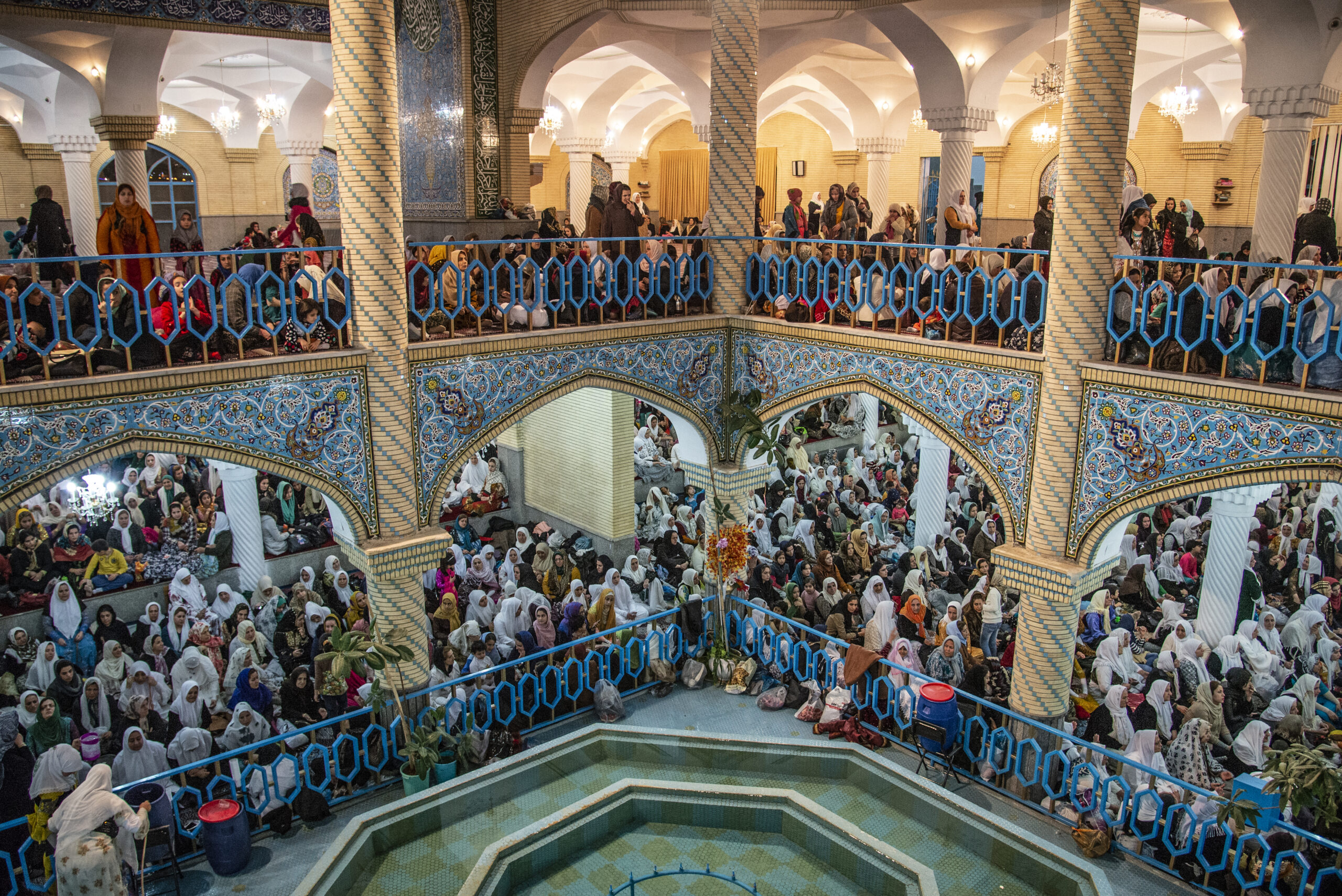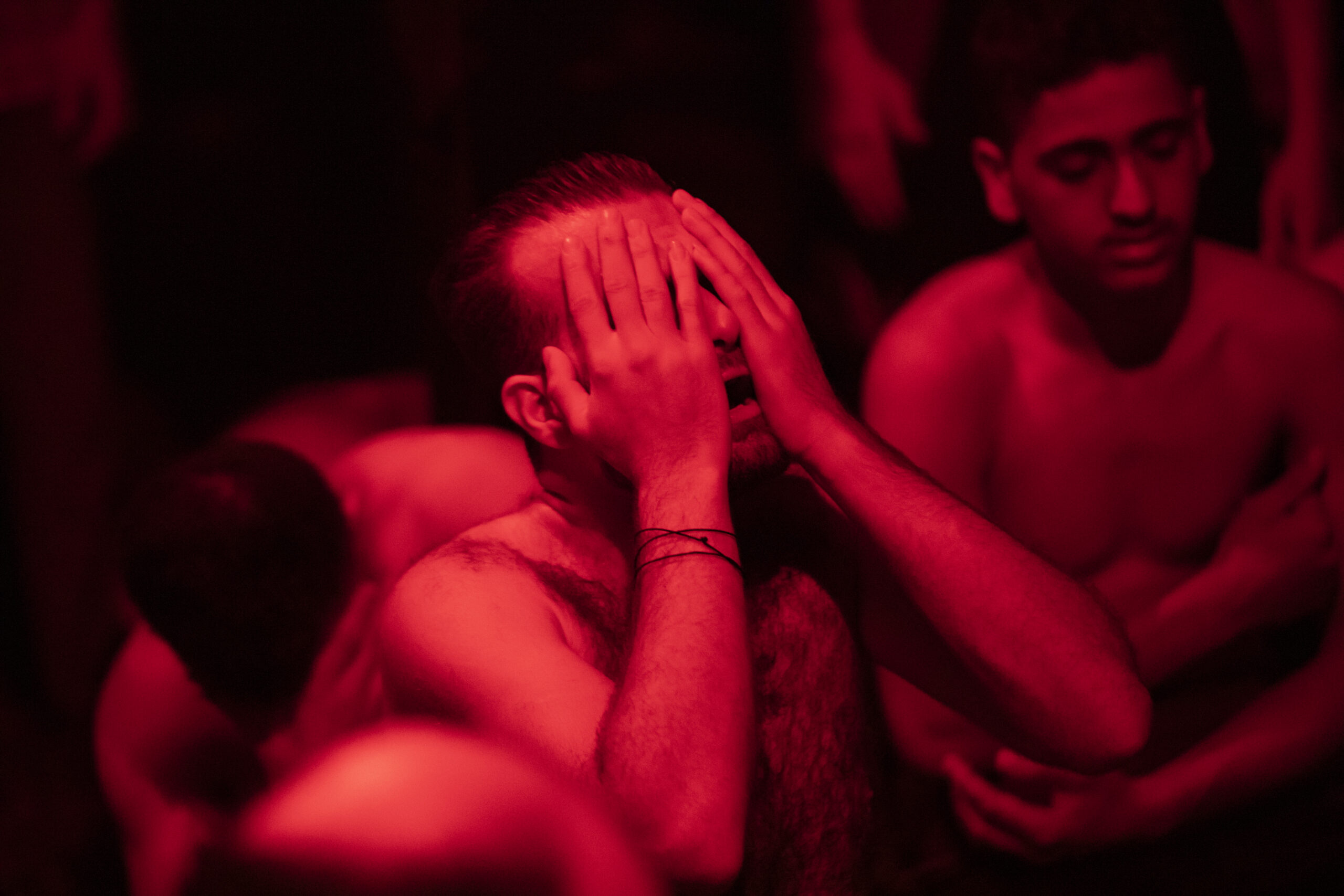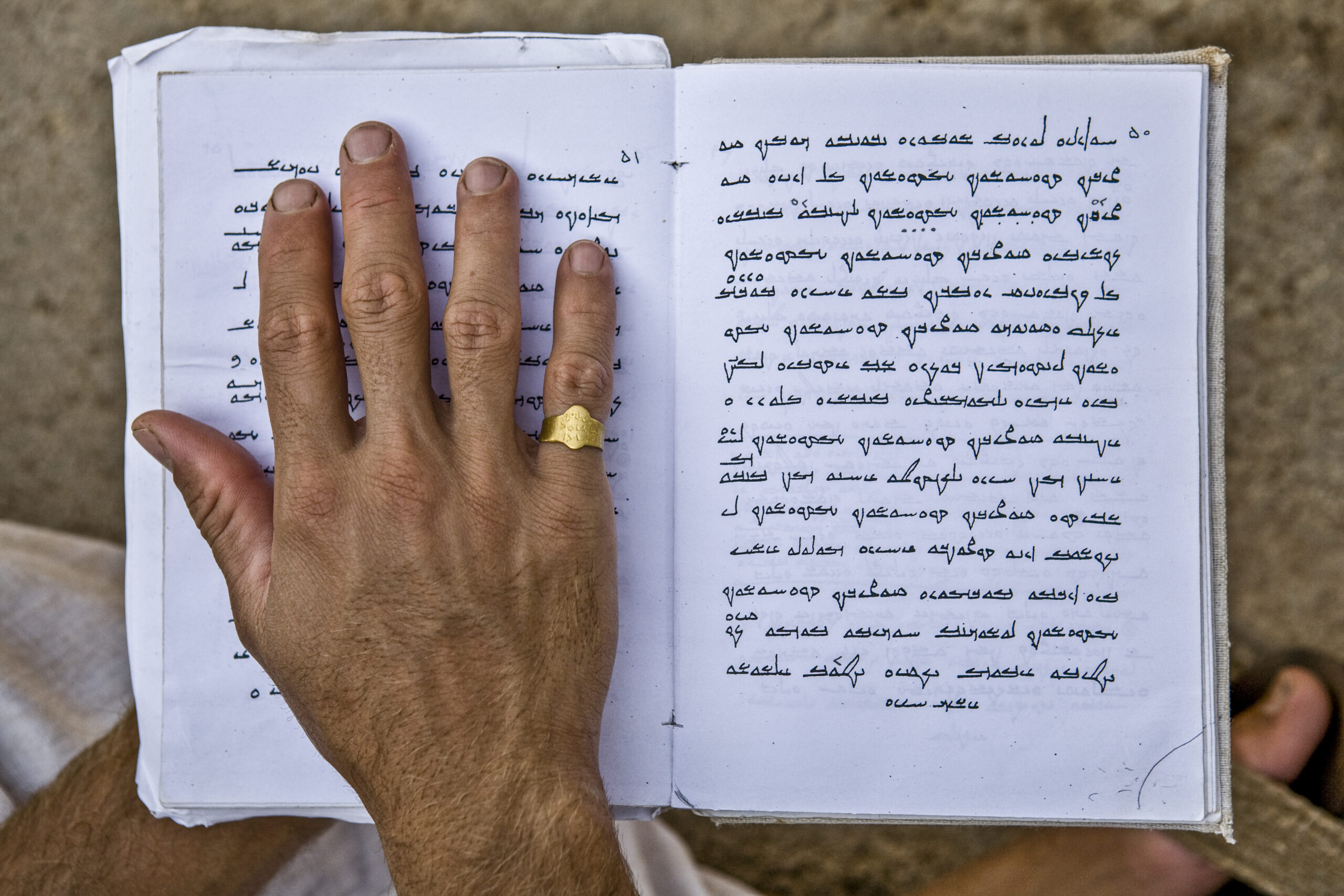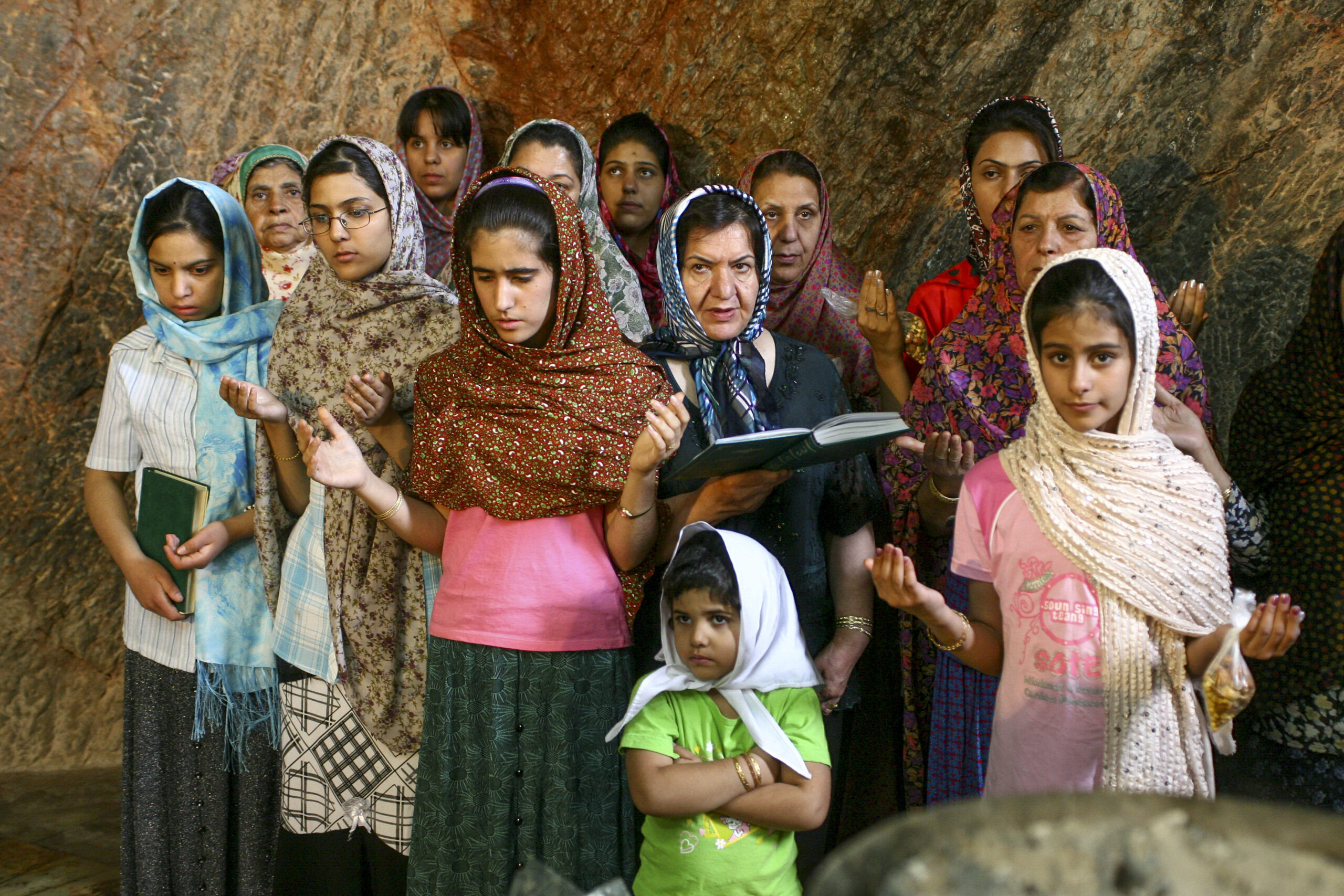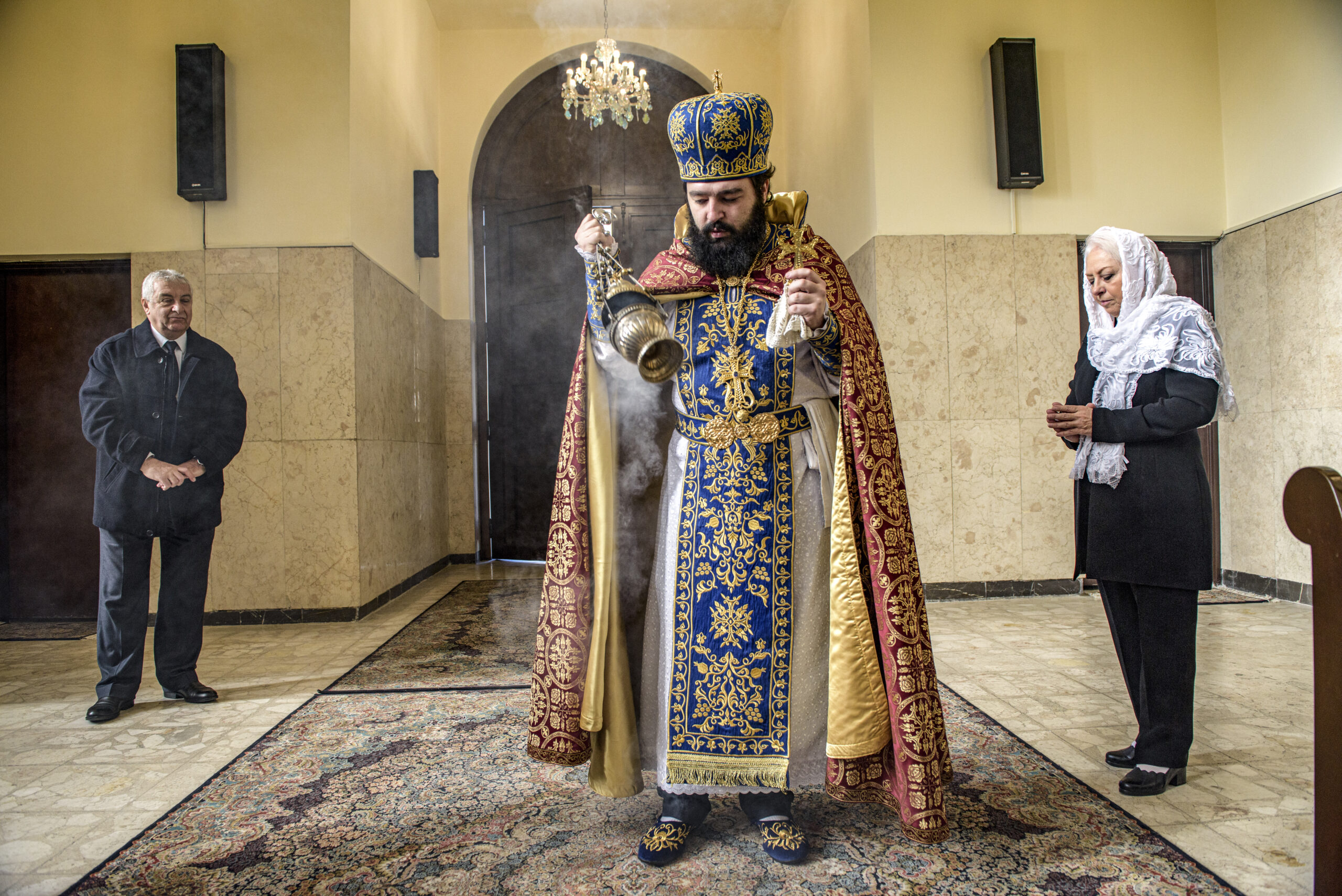Project Description
Religions
The Middle East Images Foundation is proud to continue to work on the Religions project that is exploring the diverse religious communities in Iran. Through the lens of local photographers and journalists, this project aims to shed light on the experiences and perspectives of people from different religious backgrounds in Iran, including Islam, Judaism, Christianity, Zoroastrianism, and the Bahá’í faith.
This project seeks to promote understanding and respect between different religious groups in the Middle East, with a focus on Iran. By documenting the experiences and perspectives of people from diverse religious backgrounds in the country, the project aims to raise awareness about the challenges and opportunities related to religious diversity in the region. Through this documentation, the project provides a platform for dialogue and discussion about how to address the issues and challenges faced by these communities. By doing so, the project hopes to contribute to the development of more inclusive and equitable policies and practices that support the rights and well-being of all people in the region. Ultimately, the project aims to make a positive contribution to a more peaceful and harmonious Middle East, by promoting mutual understanding and respect between different religious groups and by raising awareness about the challenges and opportunities related to religious diversity in the region.
Iran is a country with a rich and complex religious history, with a diverse population that includes followers of various branches of Islam, as well as minority communities of Jews, Christians, Zoroastrians, and Bahá’ís. While the official state religion in Iran is Islam, the country has a long tradition of religious tolerance and coexistence, and has traditionally been home to a diverse array of religious communities.
Despite this history of religious diversity, however, many minority communities in Iran have faced persecution and discrimination in recent years. This project aims to shed light on these experiences and to promote understanding and dialogue between different religious groups in Iran.
Through the work of local photographers and journalists, this project will document the experiences and perspectives of people from different religious backgrounds in Iran, with a focus on their daily lives, their struggles and triumphs, and their hopes and dreams for the future. By showcasing the stories and perspectives of people from these diverse communities, this project aims to promote understanding and dialogue between different religious groups in Iran, and to celebrate the country’s rich and diverse cultural heritage.
We hope that this project will help to promote mutual understanding and respect between different religious groups in Iran, and to contribute to a more peaceful and just society. We invite you to join us on this journey, and to explore the stories and perspectives of people from different religious backgrounds in Iran through the lens of local photographers and journalists.
The official state religion in Iran is Islam, to be specific the Shiite branch of Islam which consists of roughly more than 90% of the population. Less than 10% identify as Sunni and Sufi sects of Islam. Zoroastrianism, Christianity and Judaism are protected and recognized by the Iranian officials, and have seats and representatives in the Iranian Parliament.
The Jewish community in Iran is the second largest, after Israel in the Middle East and one of the oldest in the world with their continuous presence since the Achaemenid Empire. The biggest non-Muslim minorities are the Christians and the Bahai’s. The Bahai’s have been under prosecution in Iran after the 1979 revolution and their religion isn’t officially recognized.
This project has the potential to contribute to a more peaceful Middle East by promoting mutual understanding and respect between different religious groups in the region. By showcasing the stories and perspectives of people from diverse religious backgrounds in Iran, this project aims to promote dialogue and understanding between different groups, and to celebrate the country’s rich and diverse cultural heritage.
By promoting understanding and respect between different religious groups, this project can help to reduce tensions and conflicts in the region. When people from different backgrounds and perspectives are able to learn about and appreciate each other’s experiences and perspectives, it can help to build trust and cooperation between them. This can, in turn, contribute to a more peaceful and harmonious society, where people from different backgrounds are able to coexist and work together towards common goals.
